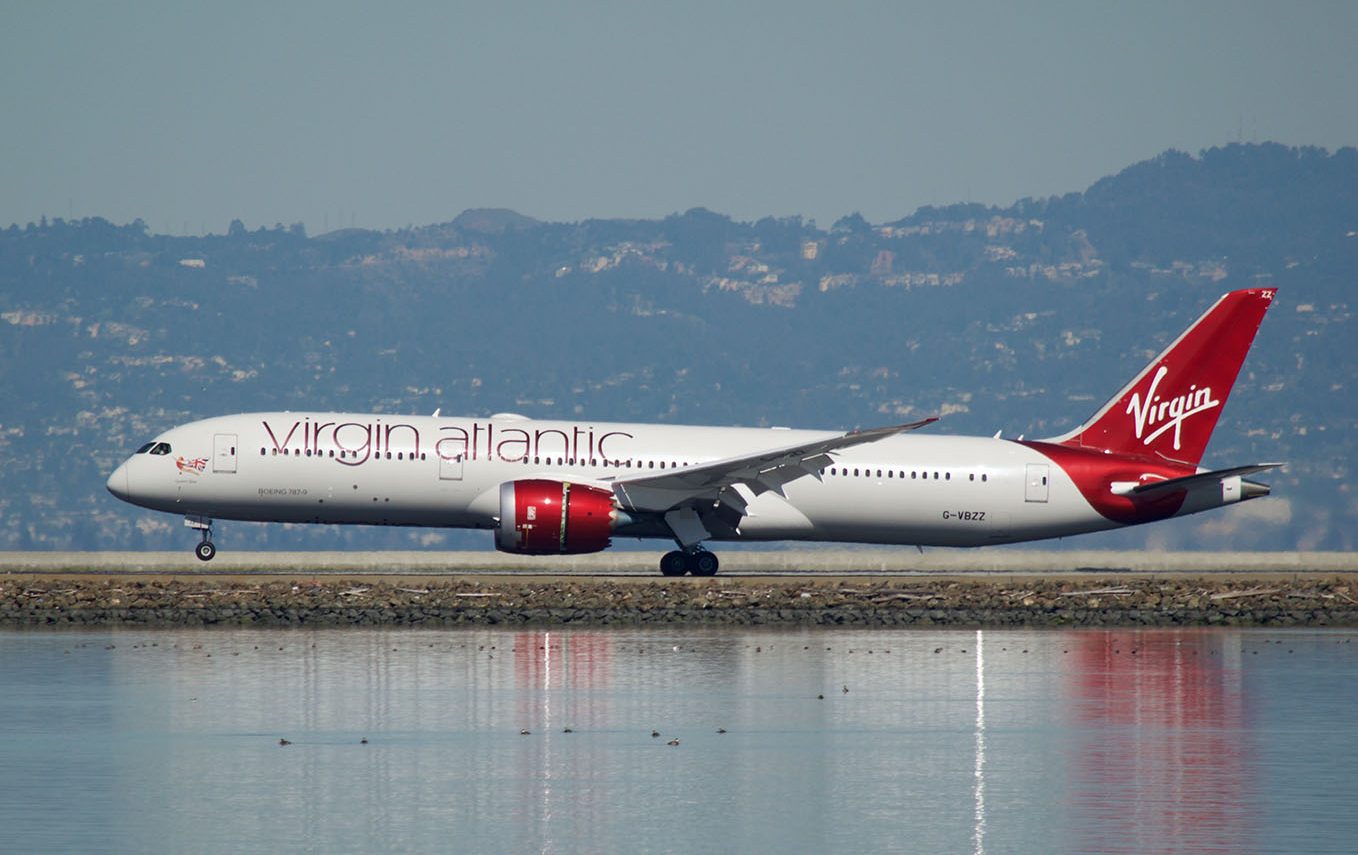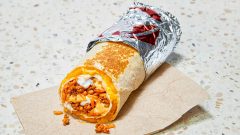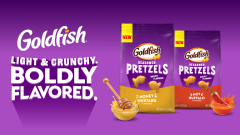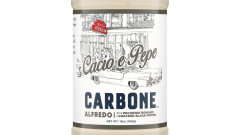Virgin Atlantic Soars With First Cooking Oil And Animal Fat-Fueled Transatlantic Flight

In an aviation first, Virgin Atlantic has successfully completed a transatlantic flight using a blend of cooking oil, animal fats, and other unusual fuels. According to the Financial Times, the plane disembarked from London’s Heathrow Airport on November 28 inbound to New York. The flight was hailed a milestone by the aviation industry, which aims to reduce carbon emissions to net zero by 2050. It was also the first time in history that “sustainable aviation fuel (SAF)” powered a transatlantic flight.
Net emissions from SAF released by the plane’s tailpipe were estimated to achieve around 70% lower than a traditional flight that runs on fossil fuel. Virgin Atlantic’s co-founder, Sir Richard Branson, was on board the milestone flight and had this to say about naysayers, “Today we hope to prove that wrong.” The world is only a few years removed from hydrogen and electric-powered flights. That said, there is still much work to be done, as SAF only represents less than 0.1% of the global jet fuel volume currently.

The aviation industry is responsible for 5% of global greenhouse gas emissions. While that doesn’t seem like much, on a global scale, it’s a massive amount. Beyond the SAF used for Virgin Atlantic’s milestone flight, other sustainable fuel sources are being explored as well. A combination of air-sourced CO₂ and green hydrogen that uses renewable electricity is one alternative in the works. At the moment, SAF fuels are considerably costly when compared to the fossil fuel kerosene.
Director of the Aviation Environment Federation, Tim Johnson, is apprehensive about SAF’s effectiveness, “The idea this is some landmark event that is going to revolutionize flying is clearly not the case. The vast majority of aviation emissions are still going to come from kerosene for the foreseeable future.”
From land use for crops and scalability of animal fat and waste oil material, to having enough renewable energy to even produce the necessary SAF fuel, there are many unanswered questions. “There’s simply not enough SAF,” Virgin Atlantic chief executive Shai Weiss told Financial Times. “It’s clear that in order to reach production at scale, we need to see significantly more investment.”






















